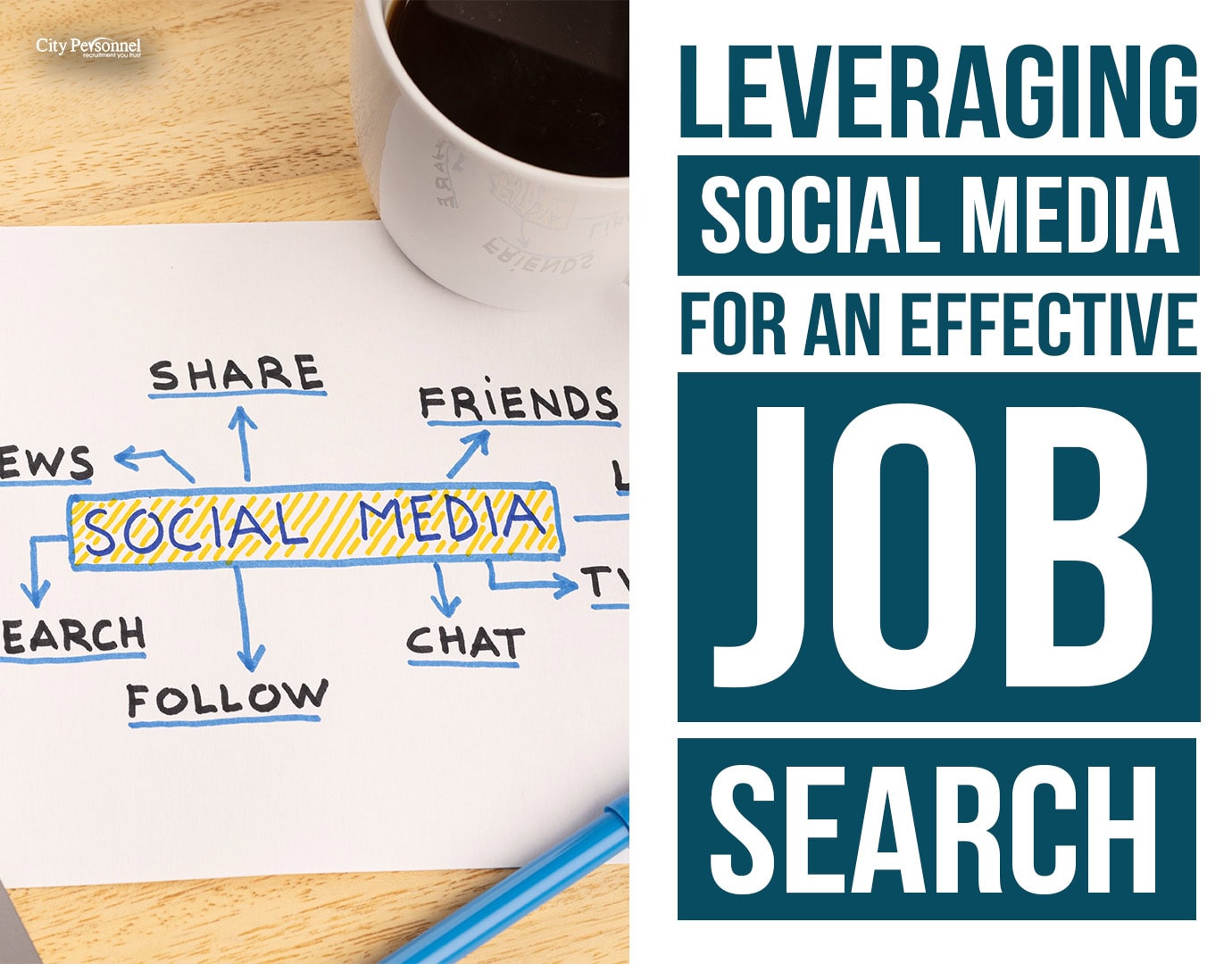Reasons to Ask for a Raise
Do you feel underpaid? You are not alone. In 2021, around half of U.S employees said they felt underpaid.
Why do U.S employees feel underpaid?
According to CNBC, nearly a fourth of Americans had lost their job or had their wages cut due to COVID. Even though we are slowly progressing back to normal, many employees still feel that their pay isn’t as good as it once was. Americans continue to find themselves working longer hours, making less money, and feeling more overwhelmed than before the pandemic struck.
However, in 2022, the demand for talented workers has officially exceeded the supply. Due to the need for qualified workers, there has been a shift of bargaining power from employers to employees.
Due to the shortage of employees, those in higher-wage sectors experienced the fastest month-over-month earnings growth in January, per data from the Labor Department. Even though the higher-wage sectors are experiencing the fastest month-over-month earnings growth, many other employees still feel underpaid for the amount of work they have taken on from employee shortages.
Due to many employees feeling underpaid and overworked, many moved on to new job opportunities. In fact, roughly 33 million Americans have quick their jobs since the spring of 2021. This movement has been referred to as the Great Resignation.
Before you join in on the movement, take some time to think about what is making you move on from your current work. If your main reason to join in on the Great Resignation is your salary, it may be best for you to first ask for a raise before leaving.
First Things First: Not Everyone Deserves a Raise.

Before you even think about asking for more money, ask yourself if you deserve one. According to career expert Penelope Trunk, many people are being duped by their bosses into thinking they deserve a raise when, in fact, they do not. According to Trunk, three conditions need to be met before you deserve a raise — if any of these are missing, don’t bother making a case for your raise!
You Have a Great Manager
If your job responsibilities are unclear or you work for a manager who likes to play head games, your employer probably isn’t the right fit.
It’s hard to be successful when you feel like you’re walking on eggshells every day. If this is the case with your current manager, try to get out of the situation. If you are primarily looking for a higher salary due to having to deal with poor management, it will be better for your career and mental health to move on to a new position.
If you’re not happy with your work environment in general, consider if your job is where you want to spend the next four years of your life. If not, move on to better opportunities.
You Have Helped Increase Revenue or Reduced Costs
Money plays a major role in any business. Yes, some companies focus on their customers more than profit, but if you aren’t making money, your company will be out of business quickly. If you are expecting a raise, make sure you have proof of why you deserve it. Just because you think you deserve it doesn’t mean you do.
Have you ever given a huge tip to a waiter or waitress that has gone above and beyond? The same goes for your employer. If you are going above and beyond every day, your employer will notice, making it easier for them to justify giving you a raise.
If you haven’t contributed anything new to the bottom line (i.e., made money for the company), then you may not deserve a raise. It doesn’t make sense to give someone a raise when they haven’t added value to the company.
You've Been at the Job for Over a Year
You shouldn’t expect a raise before you’ve proven yourself and invested some time into your employer. Unless you land a deal of a lifetime with a dream client, don’t expect a raise if you have only been with the company for less than six months.
According to Indeed, you should wait a minimum of six months to ask for a raise. However, it is best to wait at least a year as it significantly increases your chances of receiving one.
If you meet all three of these conditions we listed above and still haven’t received a raise, don’t despair — it doesn’t mean you’re doomed to years more of the same old paycheck. It means that it is time to ask for a raise rather than waiting on your employer to give you one. Follow these four easy steps to receive a raise.
Four Ways to Receive a Raise

Know the Right Time
Remember that there is no “magic” time to ask for a raise. However, if you ask too soon, your request may be turned down flat. One rule of thumb is to wait at least six months after making improvements before asking for more money.
According to The Riveter, the best time to ask for a raise is during performance reviews. However, you do not have to wait until a formal review to discuss salary.

Do Your Homework
Now it’s time to make a case for why you deserve more money, and this is where your research comes in handy.
Managers love statistics. Take the time to pull together all the data from the last six months you worked and create a report on how you improved the business. This report can include how you reduced the employer’s cost, signed major clients, or helped increase the number of customers purchasing your product. If you have the statistics of how much money you made for the company compared to the year prior, this will be best to help you get the raise you deserve.
Examples: A Marketing Manager could type up a report on how they reduced CPC (cost-per-click) on online advertising. A Customer Service Representative could show how they doubled their sales last year. A Manager could show how they improved productivity by x% based on their change in employee schedules.
Craft Your Case With Data
The more data, the better. When dealing with business decisions, employers want to see statistics and data on how it will help improve their business. The same goes for asking for a raise.
See if you can find data that shows the average salary for someone with your job title and years of experience — this information will demonstrate that you know what other people in your field are making, which should help strengthen your case. If there isn’t any accurate data on the subject that you can find, then at least use a survey or a poll from a source everyone trusts (like Reader’s Digest, for example) so that you have something to back up your claim.
The best resources we have found online to determine your earning potential and whether or not you should ask for a raise include Salary.com (Salary Estimate), Glassdoor.com (Salary Calculator), and LinkedIn.com.

Know How to Negotiate
Remember, your main goal should be to get the best possible deal for yourself. That means you have to find out exactly what your employer is willing to give you before asking for more than that. By practicing this conversation ahead of time — either with a friend or a mirror — you’ll be able to figure out your reply if your boss counters with a lower number. If that happens, don’t panic! Just say something like, “I appreciate [company] thinking so highly of me,” and ask what the highest possible raise they could give is.

Are you looking for a raise and not sure how to ask your employer? Well, now you do! Go in with confidence when you ask for a raise! If you don’t receive the raise you deserve, it may be time to look for a new career. As a staffing agency, we can help! Learn more about our job opportunities at citypersonnel.net!







